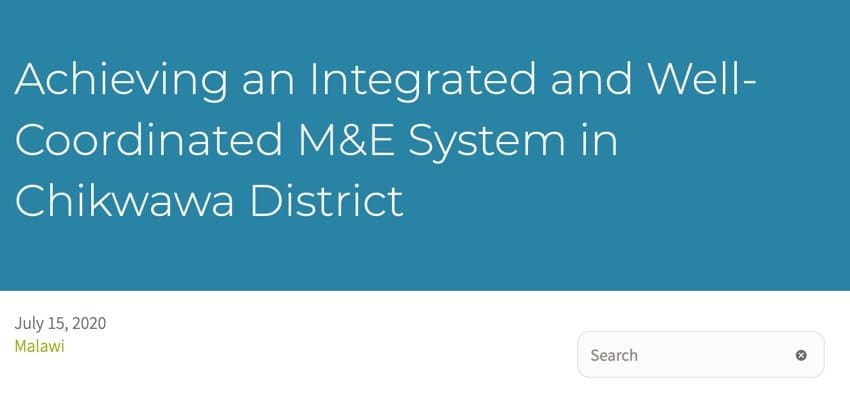Malawi
Agenda for Change members working on systems approaches
Please note this is a summary of information. You can learn more on the Aguaconsult, WaterAid, Water For People, and Welthungerhilfe websites.
To support the promotion of WASH rights and good hygiene behaviour, WaterAid helps develop the capacity of sector stakeholders, create and share important research, and influence government policy and institutions. WaterAid works in three key areas: Sustainable Programme Delivery, Sanitation and Hygiene Advancement, and Sector Engagement and Influencing, and strategizes to include aspects of health, education, and nutrition in their programs.
Water For People has been working in Malawi since 2000, and has been a leader in the WASH systems strengthening approach since 2006. Water For People’s Everyone, Forever model is focused on supporting local and national government authorities, collaborating with other non-governmental organizations and partners, and utilizing community led, market-based approaches. Aguaconsult has also supported Water For People in the development of country-specific financial analysis tools, such as the ‘At What Cost’ tool used in Malawi, which helps to determine appropriate tariffs for rural water services.
Welthungerhilfe and Aguaconsult (through the Sustainable Services Initiative), work alongside World Vision international, WaterAid, and Water for People in an effort to apply the District-Wide Approach in four districts.
Systems strengthening activities
WaterAid uses four strategic objectives to guide their work in Malawi: empowering citizens to engage with their WASH rights, delivery of sustainable WASH services at scale, promoting coordination and accountability within the WASH sector, and ensuring sanitation and hygiene behaviour change is achieved at scale. WaterAid’s three main programs support these strategic objectives, alongside work that advocates and influences policy.
Water For People support the district councils in Blantyre peri-urban, Chikwawa, and Chiradzulu districts to assess their WASH assets and services and prepare a full Life Cycle WASH plan. Using this Plan, Water For People is co-investing in new infrastructure, repairing and rehabilitating existing water points and kiosks, increasing access to sanitation through market-based approaches, and ensuring access to WASH services in schools and clinics.
Welthungerhilfe is using participatory approaches to provide health, nutrition, and hygiene in schools and community health clubs, focusing their efforts on women and children through these institutions. Additionally, Welthungerhilfe supports refugees in Malawi by providing sanitation facilities and clean water for washing and drinking at the Dzaleka refugee camp.
Country Collaboration Representative

Bio
Kate has extensive experience in the WASH sector. For 15 years, she was the Country Director for Water For People in Malawi. She holds a degree in Environmental Science and Technology and a certificate in Nature Based Solutions for Water and Land Management.
Video
Other partners
Entities of the Central Government
Ministry of Agriculture, Irrigation and Water Development (MOAIWD), Ministry of Health
Local Governments
District councils in Blantyre, Chikwawa, Chiradzulu
All others
UNICEF, World Vision, CARE, Interaide, Africa Development Bank (AFDB), Water and Environmental Sanitation Network (WESNET), University of Strathclyde, German International Cooperation Society, German Ministry for Economic Cooperation and Development, European Union, Scottish Government, USAID
Accomplishments
- Execution of a collaborative memorandum of understanding between Water For People, WaterAid, and World Vision; Welthungerhilfe joining and working in Dedza.
- Chiradzulu WASH District Investment Plan developed with support from Water For People, Zomba and Machinga District Investment Plans available with support from WaterAid, and Dedza investment plans in development, starting with an asset registry with support from Welthungerhilfe.
- African Development Bank to support development of 5 more District WASH Investment Plans.
- Malawi has water point data for all 28 districts; this started with Water For People mapping 7 districts and has now scaled nationally.
- Water For People has supported the low-income areas within the Blantyre district to reach everyone at the community level with high-quality water services.
Challenges
- COVID-19 affecting collaboration as people are used to physical meetings; online workshops have limitations on duration.
- Developing a methodology to share and utilize uniform, consistent data for all stakeholders to actively track Sustainable Development Goal progress and inform sector investment decisions.
- Major gaps in financing requirements, especially for faecal sludge services and institutional WASH coverage, and for activities such as entrepreneurial trainings and menstrual hygiene management education.
- Coordinating a concerted effort to promote and establish the most viable service contract models for hand pumps and piped systems.
- Finding sensitive ways to influence national and sub-national policy regarding WASH.
How strong are the systems?
To determine how well systems are working, we rely on data derived from Building Blocks, which are manageable ‘sub-systems’ that can be supported and strengthened. Certain building blocks may be more strongly developed or applied at district or national level. Interactions between building blocks are essential.
National level
Building Block
Water
Sanitation
Hygiene
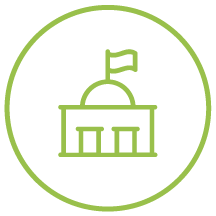
Institutional Arrangements & Coordination
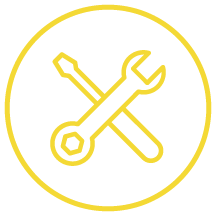
Service Delivery Infrastructure
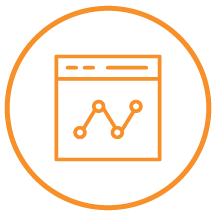
Monitoring

Planning
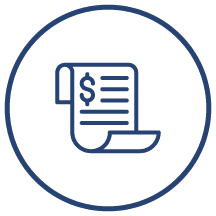
Finance
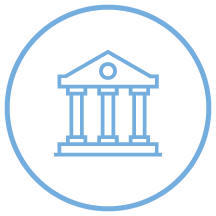
Regulation & Accountability
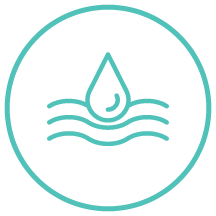
Water Resource Management
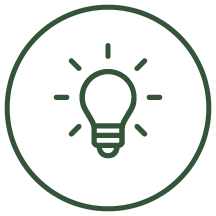
Learning & Adaptation
Resources
Systems Library
Please note this is a summary of available resources. You can learn more on the Aguaconsult, WaterAid, Water For People, and Welthungerhilfe websites.
National
Local
National




PDF Download
Analysis of the Water, Irrigation, Sanitation, and Hygiene Joint Sector Review Processes for the Department of Irrigation and Water Development in Malawi




PDF Download
‘The Road to Collaboration’ – Agenda for Change Regional Meeting Summary (Addis Ababa, June 2022)
Local
